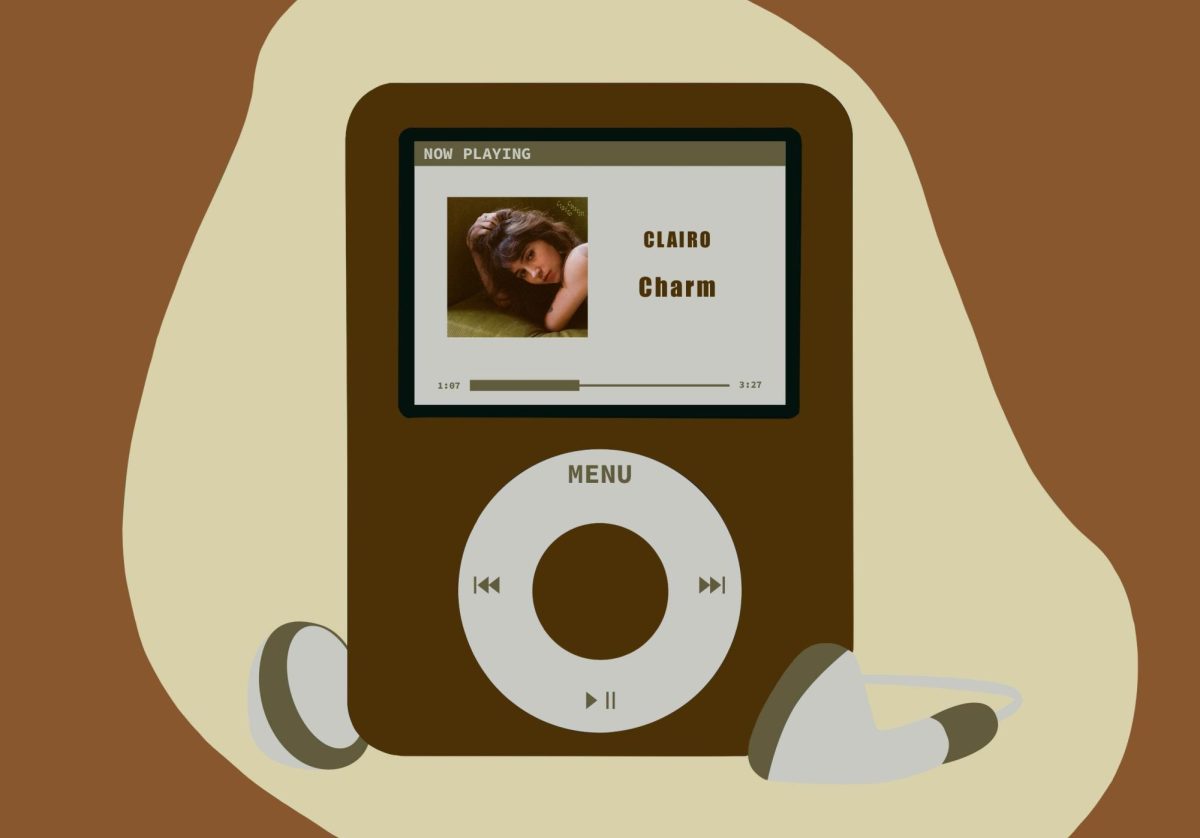It’s a sad world we live in, and author Irvine Welsh is exceptionally gifted at unlocking the puzzle of that melancholy. Of course, there’s plenty of depravity in his novels as well. Welsh’s breakthrough success, “Trainspotting,” was just the shot in the arm that languishing William S. Burroughs and Charles Bukowski fans needed. The disturbing picture of life in Edinburgh’s heroin scene covered every aspect of the milieu – hard-core drugs, filthy sex and mindless violence – and gave the terminally pessimistic among us a reason to continue being depressed and apathetic. “Filth,” Welsh’s story of a corrupt detective and his tapeworm, was a biting distillation of a lifetime’s hatred of the police. “Glue,” the author’s most optimistic book to date, followed a group of best friends through the vicissitudes of 30 years of life in Edinburgh’s housing projects as they grew up, grew apart, betrayed each other and betrayed themselves. When we look beneath the superficially disturbing themes of his novels, however, we find a writer who can incisively probe the subtle ways people destroy themselves. That probing also has the power to reveal much about our own decidedly less horrible lives.
“Trainspotting” introduced us to four cleverly-drawn archetypal “schemies” (residents of a housing scheme, i.e. a project): Renton, the mopey intellectual; Sick Boy, the mercenary pimp; Spud, the permanent loser; and Begbie, a psychopathic force of evil drawn with a conviction rarely equaled in literature. Subsequent novels and stories have given us brief glimpses of the four, existing on the periphery of other marginal Edinburgh lives. Welsh’s new novel “Porno” reunites the gang that made him famous for another descent into wickedness. Along for the ride is a motley cast of Scottish hoods and alcoholics, an English film student and a Dutch pornographer or two.
The action gets underway with Sick Boy’s return to Edinburgh after a stint in London as a pimp and bartender. With a dismal dive bar to run and his old pals constantly pestering him, Sick Boy decides to create his own pornographic feature with the help of “Juice” Terry Lawson, one of the main characters of “Glue,” and Nicola Fuller-Smith, a Sloane Ranger-type upper-class Englishwoman studying film in Scotland. Sick Boy’s character was never as transparent as the other principals in “Trainspotting.” We know he’s always out for himself, has a low opinion of others and has an over-active libido. In “Porno” we get the unvarnished Sick Boy, constantly plotting to screw his friends over (both figuratively and literally) and wallowing in self-recrimination whenever he gives a sucker an even break. Even though he is despicable on many levels, the intimacy of this portrait forces us to confront our own thoughts and actions where they overlap with Sick Boy’s.
Welsh masterfully explores these compulsions, tracing Sick Boy’s pathology through years of hard living and an early life steeped in brutality and despair. His father is cut from the same cloth, constantly unfaithful to his mother and unwilling to acknowledge his son as anything more than competition. His friends have cheated him and beaten him with little thought for his feelings. Out of this violence has been forged a cruel, narcissistic personality. Unfortunately, for his prospects to become a decent human being, Sick Boy is locked into these patterns, constantly on the make for women, ever ready to drown his sorrows in liquor or cocaine and hardened to the necessity of cheating his friends before they can get the drop on him.
Of course, some of Welsh’s characters can feel love. Most notable is Spud, the only one of the four main “Trainspotting” friends who can’t keep away from heroin. But there can be no question that in the grim world of Scotland’s lumpen-proletariat, love is a liability. When Spud tries to help out a female friend, he incurs the wrath of her ex-husband, the ultra-violent Begbie, who is as incapable of seeing the good in anyone’s actions as Spud is in seeing the bad. Each man is enmeshed in a set of social relations that hobble his ability to move through the world without destroying it.
For all the bummers in “Porno,” it is not without humor. Welsh’s now-famous ear for his native Scots patois is still golden. Likewise, the scams and perfidy are charming, even though they condemn his characters to lives of misery. When Sick Boy puts the bite on an up-and-coming businessman, the gleeful schadenfreude the reader feels is for once guilt-free. “See it as a learning experience,” he tells the deflated yuppie. “Never trust a schemie with a wad.”
While Irvine Welsh’s pessimism about our ability to rise above circumstance might not sit well with ideologues on the right or the left, his writing is forthright and sincere. For every junkie loser who makes it big shocking the straight-arrow types with tales of dissipation, there are thousands who never manage to raise their heads out of the muck. Welsh’s writings should serve as a caution to everyone: Our own neuroses are our most powerful enemy. Don’t assume that you’ve got them figured out, and don’t assume you ever will.
















